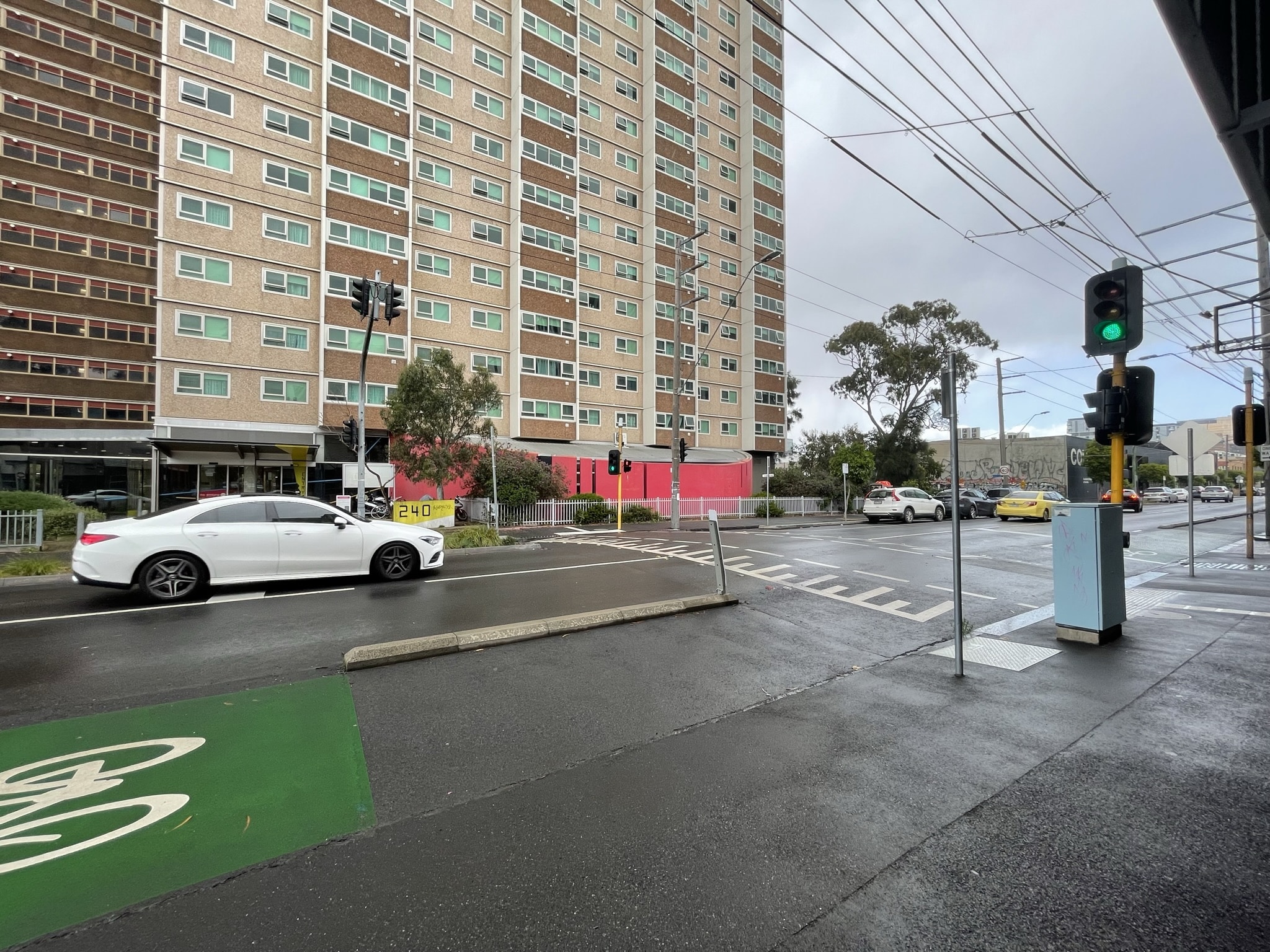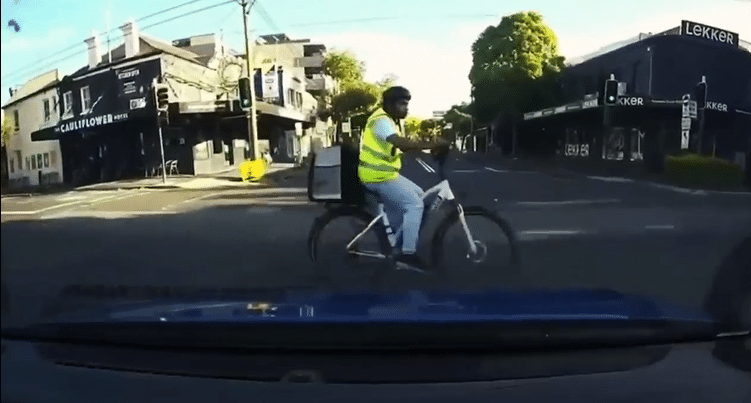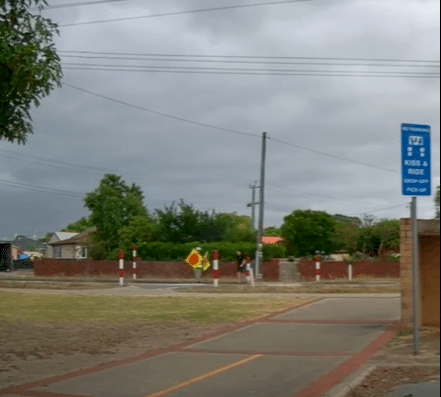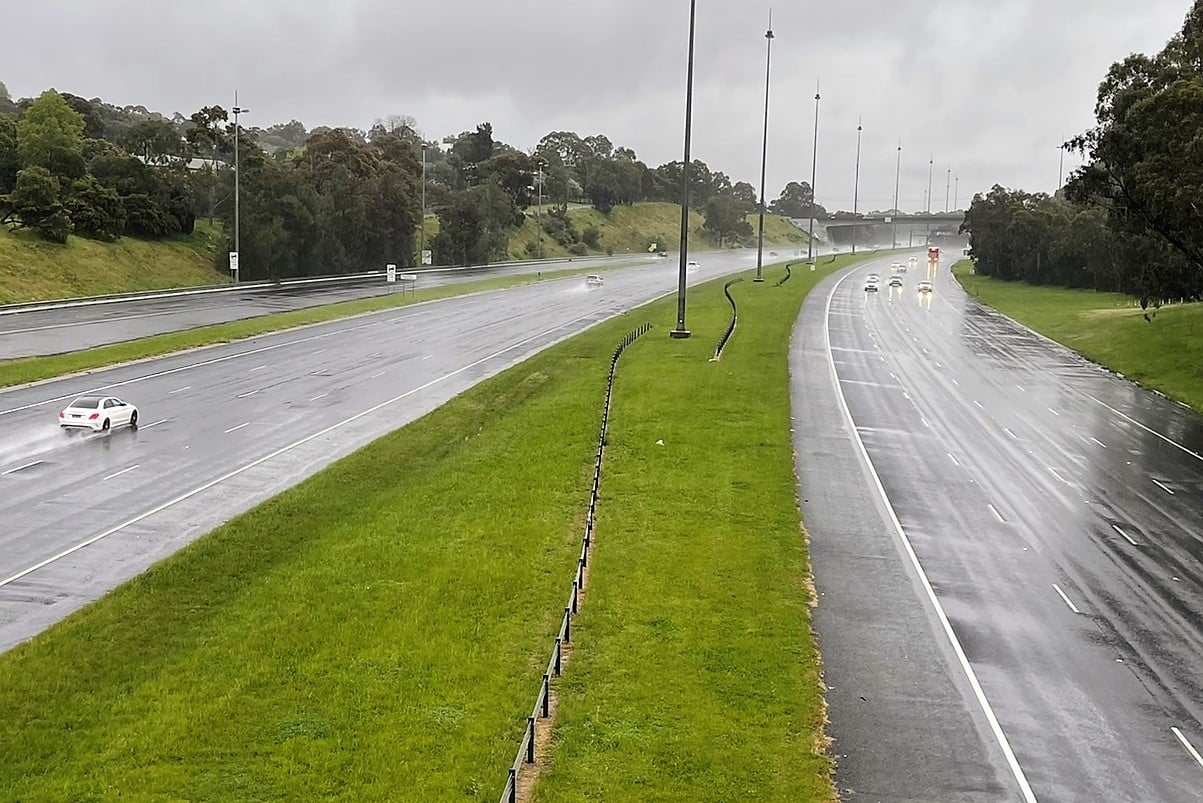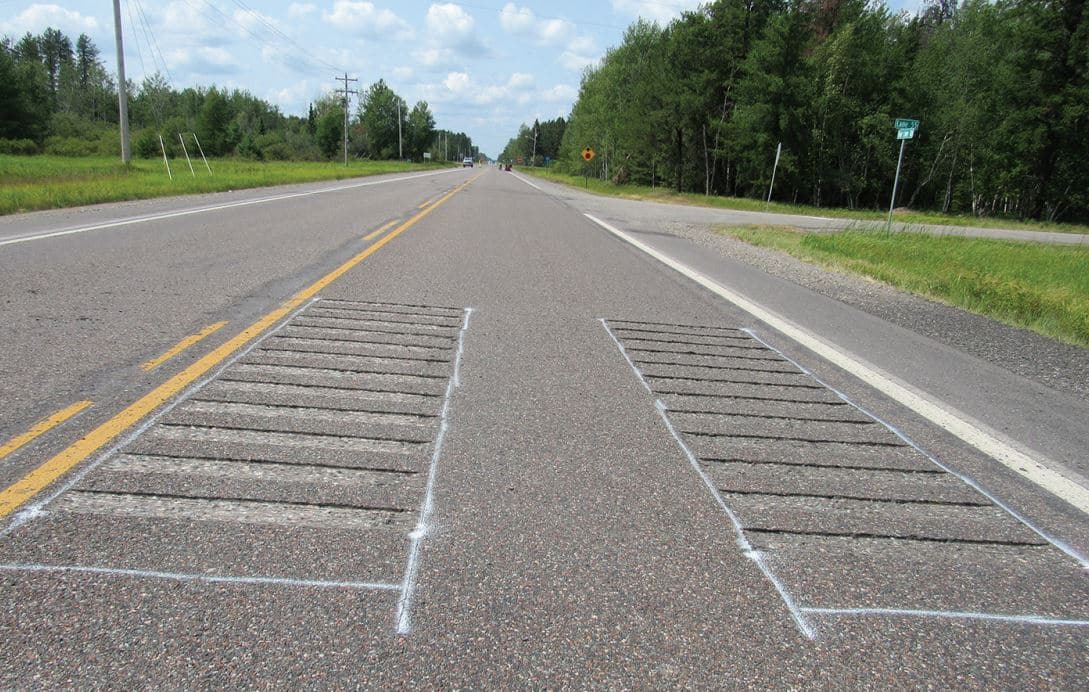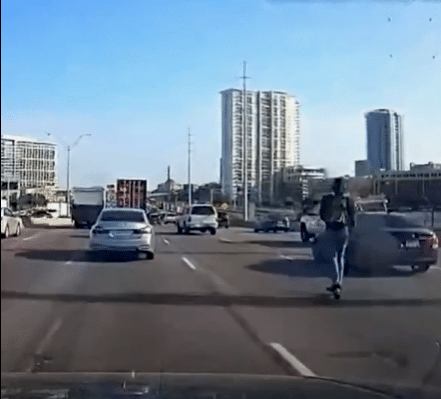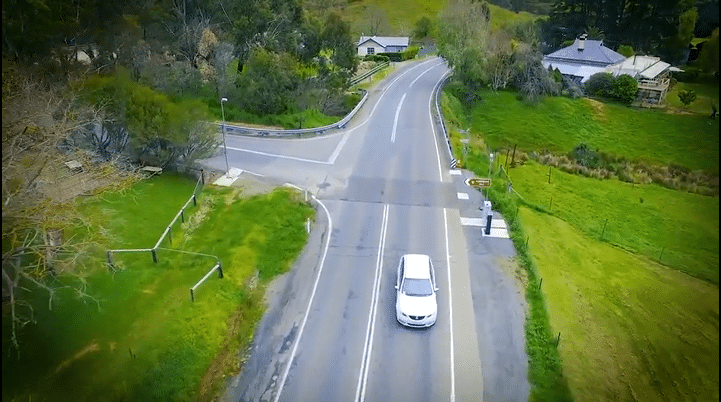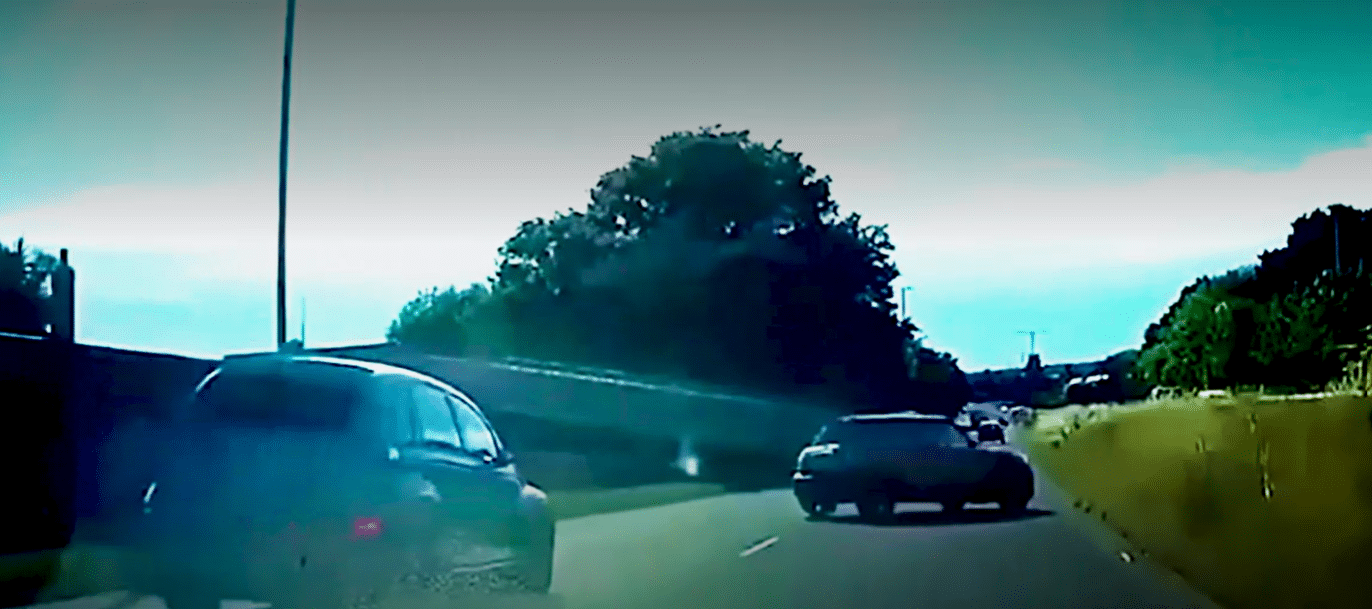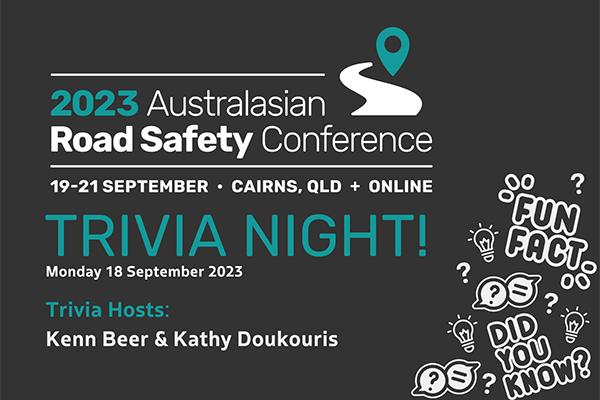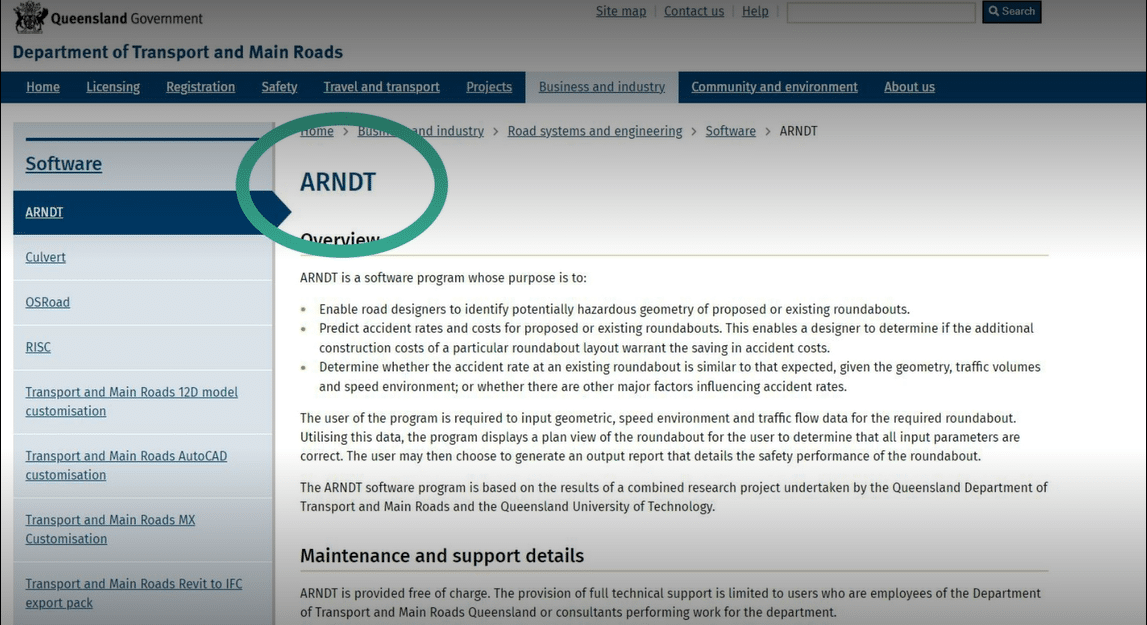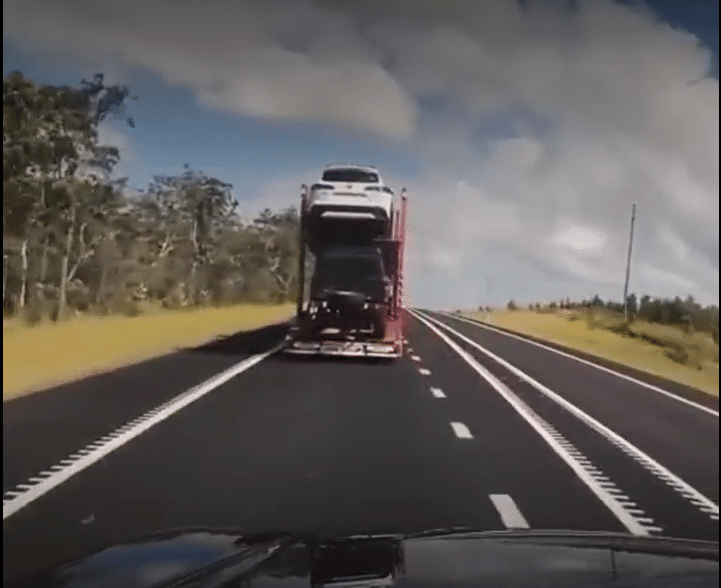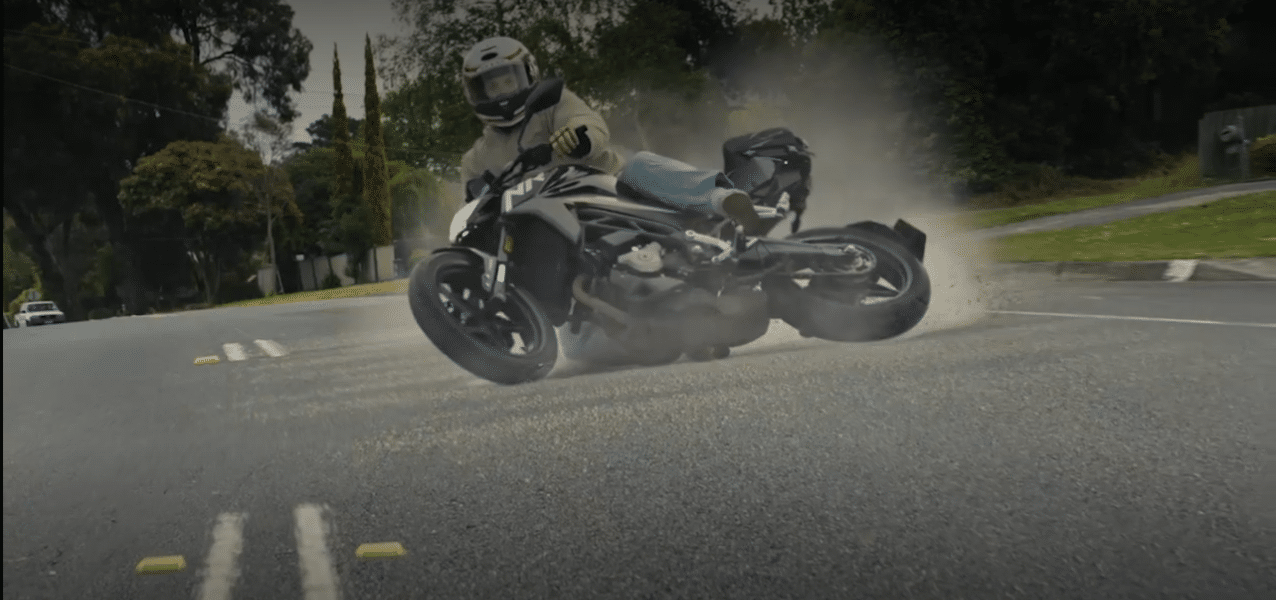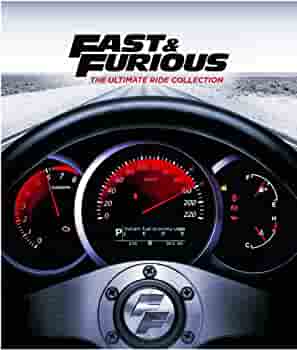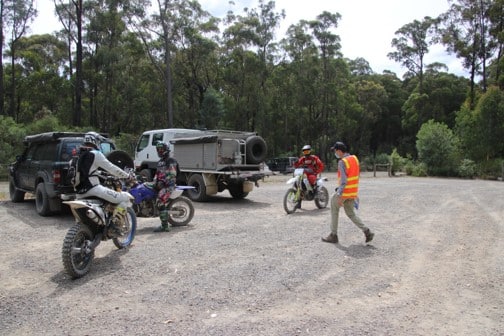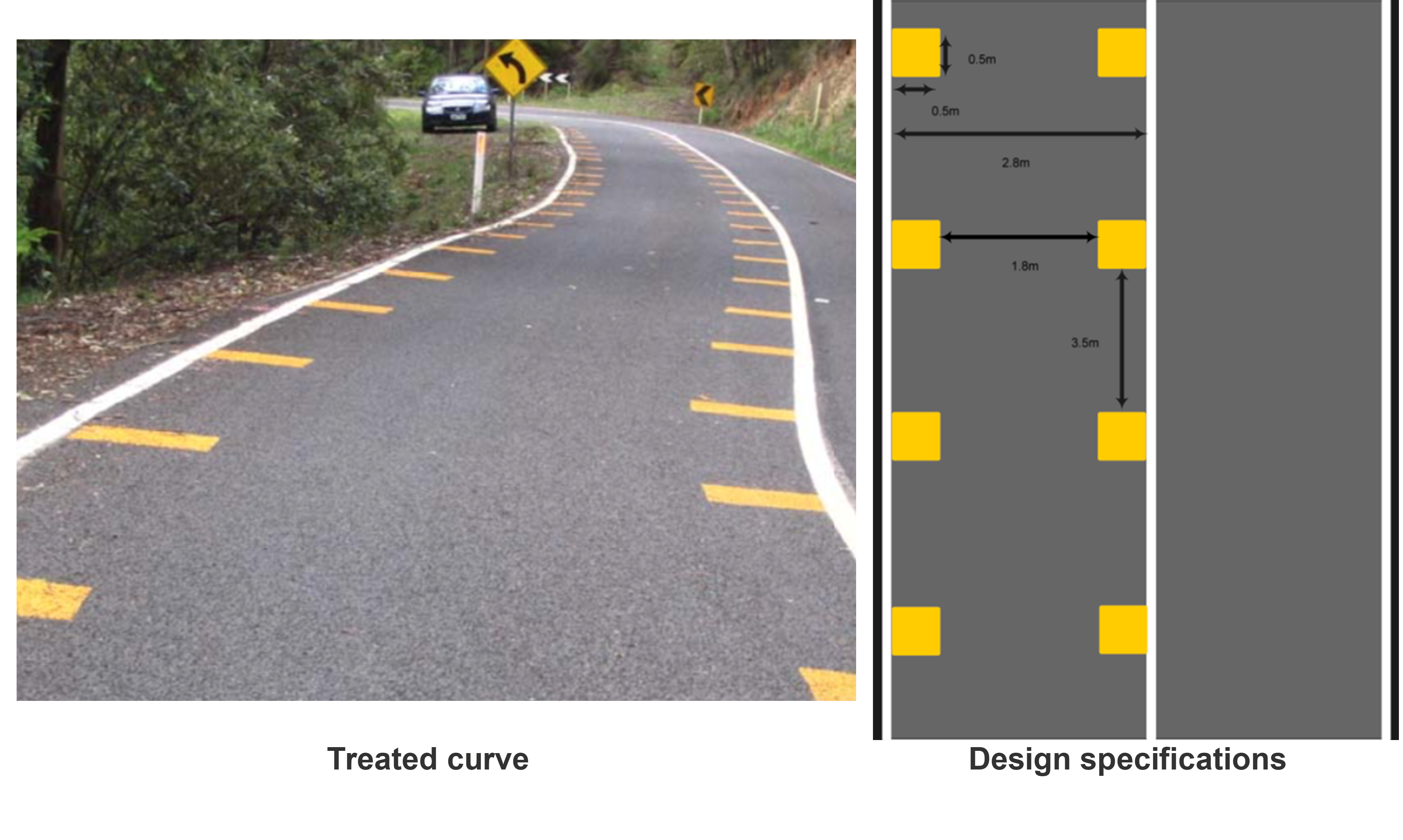Latest News
Safe System Snippet: #254 Mixed use arterial roads
On those tricky mixed use arterial roads there is often a need to install a midblock pedestrian operated set of traffic signals. These can aid to balance traffic flow and pedestrian crossing opportunity. But these are almost always installed without any traffic...
Safe System Snippet: #253 Are food delivery riders incentivised to act unsafely on the roads?
Are food delivery riders incentivised to act unsafely on the roads? The quicker they deliver, the more deliveries they can make, and the more money they make. Do they take more risks to deliver quickly? Safe Work Australia has identified some common road safety...
Safe System Snippet: #252 School Crossing Supervisors
We require School Crossing Supervisors to work in and around live traffic. Do you think they are provided with appropriate risk management controls? Would we allow other workers to operate on our roads under these conditions?
Safe System Snippet: #251 Wire rope safety barriers in the central median of the Eastern Freeway
One of Victoria’s longest standing barrier design debates involves the wire rope safety barriers in the central median of the Eastern Freeway. These barriers protect road users from impacts with the concrete footings of the lighting columns and with travelling to the...
Safe System Snippet: #250 Transverse rumble strips
Transverse rumble strips are laid across a travel lane and are used to warn motorists of a potential hazard by creating a noise and vibration feedback to a driver when driven over. Transverse rumble strips are mainly used on the minor approach to priority-controlled...
Safe System Snippet: #249 Barriers to the safe use of personal mobility devices
We continue to see increases in the use of personal mobility devices (e-scooters, e-skateboards, etc.). As a result, the National Transport Commission has developed a document titled: Barriers to the safe use of personal mobility devices - Decision Regulation Impact...
Safe System Snippet: #248 Vehicle activated systems at intersections
There are a variety of vehicle activated systems available to reduce the risk of crashes at intersections. For higher speed intersections there has been considerable trialling and successful deployment of side activated speed limits for the main road. The concept uses...
Safe System Snippet: #247 Appropriate and practical treatments for cut batters
In the past, roadside design somewhat ignored cut batters feeling that they would be redirective and present a much lower risk than fill batters and fixed hazards (trees, culvers, power poles etc.). However, in more recent times there has been an acknowledgement that...
Safe System Snippet: #246 Kinetic Energy = ½ Mass x Velocity^2
Kinetic Energy = ½ Mass x Velocity^2 For a 1000kg car: 60km/h is equivalent to a 14m fall 80km/h is equivalent to a 25m fall 100km/h is equivalent to a 40m fall Video credit: Volvo
2023 Australasian Road Safety Conference – Road Safety Trivia Night
For those attending the Road Safety Conference in Cairns, make sure you book a spot at the:- Road Safety Trivia Night - Trivia Hosts: Kenn Beer & Kathy Doukouris from Safe System SolutionsDo I need to know lots: No, we cater for all levels of knowledge When:...
Safe System Snippet: #245 A Roundabout Numerical Design Tool (ARNDT)
In many contexts roundabouts have high alignment with Safe System principles. To help road designs, TMR offers free software to identify potentially hazardous geometry of proposed or existing roundabouts and to predict crash rates. A Roundabout Numerical Design Tool...
Safe System Snippet: #244 Wide Centre Line Treatment (WCLT)
Wide Centre Line Treatment (WCLT) can reduce cross centreline fatal and serious injury crashes by up to 35% (Austroads). Some design considerations: Design should consider use of Audio Tactile Line Marking in conjunction with the wide centreline. In retrofit...
Safe System Snippet: #243 Motorcycle Clothing Assessment Program (MotoCAP)
Soft tissue injuries are the most common injuries experienced by motorcyclists involved in crashes in Australia, yet there are no mandated clothing requirements (only helmet requirements). Even if there were other requirements (gloves, boots, pants and/or jacket)...
Safe System Snippet: #242 Exposure to material encouraging speeding
A study from the University of the Sunshine Coast has shown what we all suspected - that exposure to material encouraging speeding increases actual speeding rates in drivers. 628 Queensland motorists (263 men and 365 women aged between 17 and 88 years) were part of...
Safe System Snippet: #241 Working Width
Working Width is the barrier system width + dynamic deflection of the system + vehicle roll allowance. Working Width should be provided as clearance from any non-frangible hazards behind the barrier.
Safe System Snippet: #240 Road safety risk around schools
Main factors influencing road safety risk around schools. Safety around schools has always been a major focus for road safety improvements. While these areas actually present low trauma rates, the special protection the community demands for child safety provides...
Safe System Snippet: #239 Effective measures for the reduction of animal crashes
In Australia, the biggest source of trauma in animal crashes are kangaroos (trauma for both for the kangaroos and the humans). The effects of a number of measures that have been found are reproduced in the second figure below. As you can see, in this study, the...
Safe System Snippet: #238 Trail bike safety project
In Victoria, every year, around 700 crashes are reported that involve trail bike riders in forest, park or bush settings. Of these crashes, around 350 are serious injury crashes and 5 are fatal. Victoria’s Department of Energy, Environment and Climate Action,...
Safe System Snippet: #237 Perceptual countermeasures
Perceptual countermeasures (sometimes call perceptive countermeasures) are any alterations to the road environment to change a road user’s perception of the environment with the aim to alter their behaviour. Common perceptual countermeasures include transverse lines...
Safe System Snippet: #236 Bridge width and road safety
Bridge width and road safety. Two great studies have been produced regarding the effects of bridge width on road safety. One by Mak and one by Corben Et. Al. In summary, increasing the bridge width results in a significant reduction of crashes - 35%. In another...

